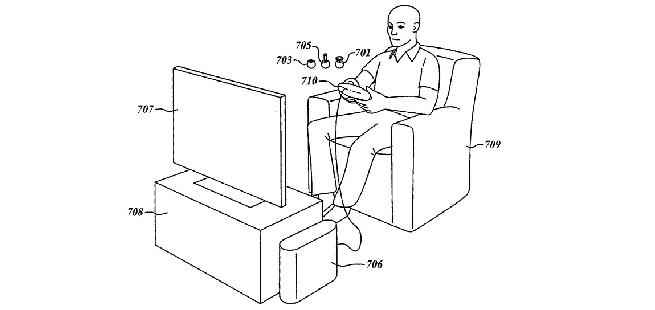
Valve is working on a new set-top gaming system standard based on PC architecture dubbed “Steam Box,” according to a report published by website The Verge, A standout feature is rumored to be a controller that could provide real-time biometric feedback from the player to the game. For example, a shooter would be able to adjust the intensity of the action based on the player’s pulse rate.
[Update: Valve has dismissed the rumor]
The alleged baseline specifications for the Steam Box include 8GB of RAM, an Intel Core i7 CPU and an unspecified Nvidia graphics chip. Making use of current PC technology means the system could be compatible to thousands of existing Windows games. Valve has allegedly been talking to potential hardware partners – like Dell subsidiary Alienware – to manufacture the device. If true, the move would shake up console platforms and potentially position Valve as a major alternative hardware provider.
Valve has not commented yet on the report, which combines information from The Verge’s sources, recent remarks of Valve Managing Director Gabe Newell about the possibilities of entering the hardware business and a 2011 Valve patent filing for a customizable game controller technology.
 Former Microsoft employees Gabe Newell and Mike Harrington founded privately-owned Valve in 1996. The company’s first product was the classic first-person shooter Half-Life, which also spawned the online phenomenon Counter-Strike. The company still publishes games, most recently Portal 2, and also operates the digital content distribution platform Steam. Since its launch in 2004, Steam has become the dominant online service for buying PC and Mac games and has over 35 million active user accounts, according to Valve. Electronic Arts launched the competing Origin platform in 2011.
Former Microsoft employees Gabe Newell and Mike Harrington founded privately-owned Valve in 1996. The company’s first product was the classic first-person shooter Half-Life, which also spawned the online phenomenon Counter-Strike. The company still publishes games, most recently Portal 2, and also operates the digital content distribution platform Steam. Since its launch in 2004, Steam has become the dominant online service for buying PC and Mac games and has over 35 million active user accounts, according to Valve. Electronic Arts launched the competing Origin platform in 2011.
Valve’s large number of existing Steam customers would make it a formidable competitor for the traditional game console makers Microsoft, Nintendo and Sony. But there are a number of reasons why we are not exactly convinced by the report’s rumors.
Historically, licensing game platform standards to third-party manufacturers hasn’t worked out. The system graveyard is filled with once hopefuls that never caught on. Rest in peace, 3DO, CD-i and Nuon.
In an era where the future of dedicated game consoles is questioned, exhuming the old ‘let’s put current PC technology into a box for the living room’ idea evokes unpleasant memories of The Phantom, a 2004 PC console announcement that never transformed into a finished product.
And who is really thrilled about the idea of playing with some sort of bracelet attached to send biometric feedback to a game console? Most living room dwellers don’t even want to be bothered with putting on glasses to make use of 3D TV sets.
According to The Verge, Valve has demonstrated a prototype of the Steam Box device to potential partners in January during the Consumer Electronics Show (CES). It’s rumored the system could be revealed as early as the upcoming Game Developers Conference (GDC) in San Francisco, or be held back until June for the Electronic Entertainment Expo (E3).
We have reached out to Valve and will update upon hearing back.
VentureBeat's mission is to be a digital town square for technical decision-makers to gain knowledge about transformative enterprise technology and transact. Learn More
